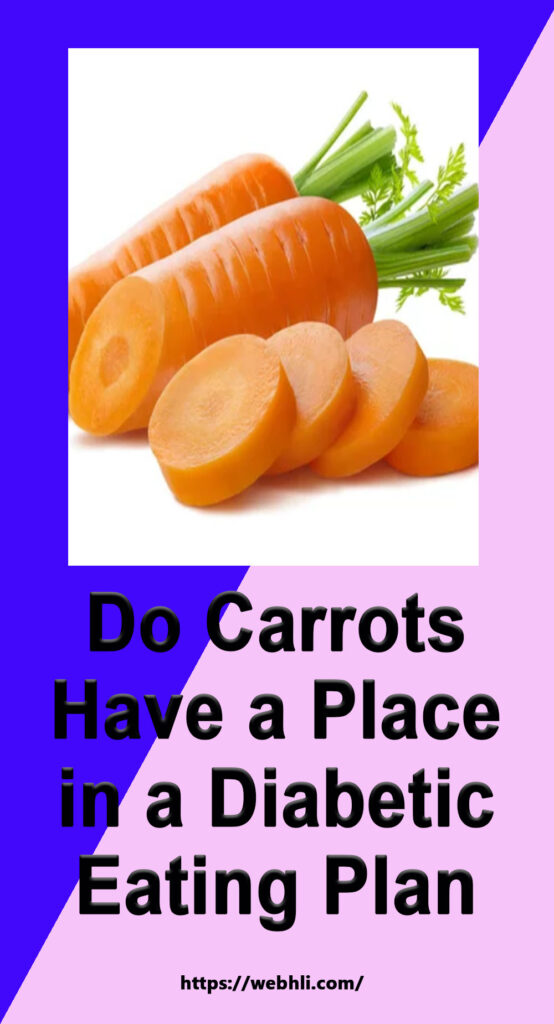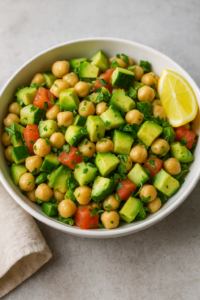
If you have Type 2 diabetes, there are a few vitamins that can help you in the control of your blood sugar and in the prevention of diabetic complications.
We all know how important it is to eat a healthy diet of fruit and vegetables... even if we don't always do it. But some vitamins are particularly helpful to the diabetic body. One of these is vitamin A.
Check out these related articles, too:
Kidney Diet Secrets That Can Reverse Chronic Kidney Failure
What Is A Healthy Kidney Diet Plan
Diet Tips For People With Diabetes and Kidney Disease
Are Renal Insufficiency And Kidney Failure The Same Thing
5 Natural Supplements For Chronic Kidney Disease
Bitter Melon Recipe For Diabetes
Control Your Diabetes Better With These Helpful Tips
Gastroparesis - A Challenge to Control
Blood Sugar Control and Diet - A Plan to Reverse Diabetes
Vitamin A or Beta-Carotene: Foods rich in vitamin A are classified as provitamin A carotenoids. Some of these foods include:
- apricots,
- broccoli,
- cantaloupe,
- carrots,
- collard greens,
- kale,
- pumpkin,
- sweet potatoes, and
- tomatoes.
Fortified milk, liver and egg yolks also contain vitamin A.
Research has shown the foods in this category benefit people with Type 2 diabetes and even those who may be at risk of developing this disease.
Studies reveal when an individual has low carotenoids, they will experience higher fasting levels of insulin as well as higher blood sugar levels. There is also a higher incidence of glucose intolerance in individuals with lower carotenoid levels. By increasing the intake of foods rich in vitamin A, these conditions can be brought back down to acceptable levels.
Another condition commonly associated with Type 2 diabetes is diabetic retinopathy. As sugar levels are elevated over time, the excess sugar goes to work damaging blood vessels throughout your body. Those located in your eyes are especially at risk because of their small and delicate size. Those associated with the retina are particularly affected.
When retinal blood vessels come under attack from high blood sugar, they become damaged. They...
- can become detached, and eventually
- lead to blindness.
This is where vitamin A carotenoids comes in. When certain compounds of carotenoids are lower in your body, the risk of diabetic retinopathy were increased.
Vitamin A helps out in so many other ways, too. Carrots contain almost 500 different phytochemicals. They also contain antioxidants, the most popular of which is beta-carotene, which is instrumental in protecting the immune system and eliminating free radicals from your body.
Another antioxidant in carrots, known as glutathione...
- lowers your blood pressure,
- aids in detoxifying the liver, and
- works against diabetes.
While carrots have a relatively low ranking on the glycemic index, some say they contain too much sugar to be considered safe in a diabetic diet. But when you take into consideration the multitude of benefits that can be derived from carrots, they far outweigh any risk.
Carrots also contain other cancer-fighting capabilities. They are:
- good for your eyes,
- help reduce the risk of heart disease,
- reduce the possibility of stroke, and
- strengthen blood vessels.
They also provide a tremendous amount of help in your digestive system. They help improve and/or eliminate much, including diarrhea, peptic ulcers, gastritis, upset stomach, constipation and other disorders pertaining to digestion.
WHEN DIABETES CAUSE STOMACH PROBLEMS
Good Energy Food for Diabetics
10 Simple Food Concepts Every Person Living With Diabetes Should Know
Making Cheesecake For Diabetics
Enjoy the Taste and Benefits of Diabetic Foods
Will The Mulberry Leaf Help Your Diabetes?
5 DIABETIC FRIENDLY SALADS Some Tasty
DIABETIC LEMON COCONUT COOKIES Some Tasty
50 Healthy Diabetic Recipes That Are The Best
How do you start to create a healthy lifestyle today so you can avoid the damage to your body from high blood sugar?
For nearly 25 years Beverleigh Piepers has searched for and found a number of secrets to help you build a healthy body.
The answer isn't in the endless volumes of available information but in yourself.
Article Source: http://EzineArticles.com/7073438



 Protected by Patchstack
Protected by Patchstack